Sarah Vaughan - Over the Rainbow (2021)
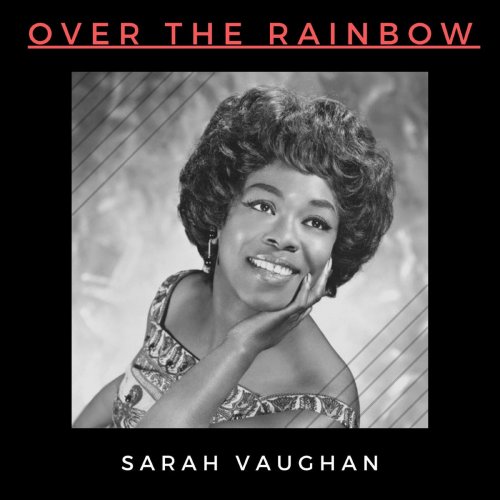
Artist: Sarah Vaughan
Title: Over the Rainbow
Year Of Release: 2021
Label: Vauvausa Music Records
Genre: Jazz
Quality: FLAC (tracks) / MP3
Total Time: 4:45:53
Total Size: 1.57 GB / 666 MB
WebSite: Album Preview
Tracklist:Title: Over the Rainbow
Year Of Release: 2021
Label: Vauvausa Music Records
Genre: Jazz
Quality: FLAC (tracks) / MP3
Total Time: 4:45:53
Total Size: 1.57 GB / 666 MB
WebSite: Album Preview
01. April in Paris
02. It's Magic
03. I'd Rather Have a Memory Than a Dream
04. Singing Off
05. Lullaby of Birdland
06. S Wonderful
07. What More Can a Women Do
08. Embraceable You
09. Mean to Me
10. Tenderly
11. Interlude
12. I'll Never Smile Again
13. Jim
14. You're Not the Kind
15. I'm Glad There Is You
16. Over the Rainbow
17. Soon
18. It Shouldn't Happen to a Dream
19. September Song
20. Maybe
21. Why Can't I
22. Don't Be on the Outside
23. How High the Moon
24. If I Knew Then (What I Konw Now)
25. It's Crazy
26. Cherokee
27. East of the Sun (And West of the Moon)
28. Bidin' My Time
29. Sometimes I'm Happy
30. Oh My
31. Words Can Describe
32. No Smoke Blues
33. The Touch of Your Lips
34. Lover Man (Oh, Where Can You Be)
35. I Cried For You
36. All of Me
37. The Man I Love
38. Body and Soul
39. How Long Has This Been Going On
40. They Can't Take That Away From Me
41. An Occasional Man
42. Linger Awhile
43. Polka Dots and Moonbeams
44. My Man's Gone Now
45. You Hit the Spot
46. Someone to Watch Over Me
47. I'll Build a Stairway to Paradise
48. Shulie a Bop
49. Aren't You Kind of Glad We Did
50. He Loves and She Loves
51. Of Thee I Sing
52. Pennies from Heaven
53. Isn't It a Pity
54. Prelude to a Kiss
55. A Foggy Day
56. Love Walked In
57. They All Laughed
58. Easter Parade
59. I've Got a Crush on You
60. Things Are Looking Up
61. My One and Only
62. Looking For a Boy
63. If You Are but a Dream
64. Lorelei
65. Isn't This a Lovely Day
66. Alexander's Ragtime Band
67. Out of This World
68. I've Got My Love to Keep Me Warm
69. Cheek to Cheek
70. All of My Life
71. You're Just in Love
72. Let's Call the Whole Thing Off
73. Always
74. Do It Again
75. I Won't Say I Will
76. There's No You
77. Say It Isn't So
78. I've Got to Talk to My Heart
79. Now It Can Be Told
80. I Should Care
81. Missing You
82. Remember
83. I'll Never Be the Same
84. The Girl That I Marry
85. Funny
86. Maybe You'll Be There
87. Last Night When We Were Young
88. Close to You
89. He's My Guy
Possessor of one of the most wondrous voices of the 20th century, Sarah Vaughan ranked with Ella Fitzgerald and Billie Holiday in the very top echelon of female jazz singers. She often gave the impression that with her wide range, perfectly controlled vibrato, and wide expressive abilities, she could do anything she wanted with her voice. Although not all of her many recordings are essential (give Vaughan a weak song and she might strangle it to death), Sarah Vaughan's legacy as a performer and a recording artist will be very difficult to match in the future.
Vaughan sang in church as a child and had extensive piano lessons from 1931-39; she developed into a capable keyboardist. After she won an amateur contest at the Apollo Theater, she was hired for the Earl Hines big band as a singer and second vocalist. Unfortunately, the musicians' recording strike kept her off record during this period (1943-44). When lifelong friend Billy Eckstine broke away to form his own orchestra, Vaughan joined him, making her recording debut. She loved being with Eckstine's orchestra, where she became influenced by a couple of his sidemen, Charlie Parker and Dizzy Gillespie, both of whom had also been with Hines during her stint. Vaughan was one of the first singers to fully incorporate bop phrasing in her singing, and to have the vocal chops to pull it off on the level of a Parker and Gillespie.
Other than a few months with John Kirby from 1945-46, Sarah Vaughan spent the remainder of her career as a solo star. Although she looked a bit awkward in 1945 (her first husband George Treadwell would greatly assist her with her appearance), there was no denying her incredible voice. She made several early sessions for Continental: a December 31, 1944 date highlighted by her vocal version of "A Night in Tunisia," which was called "Interlude," and a May 25, 1945 session for that label that had Gillespie and Parker as sidemen. However, it was her 1946-48 selections for Musicraft (which included "If You Could See Me Now," "Tenderly" and "It's Magic") that found her rapidly gaining maturity and adding bop-oriented phrasing to popular songs. Signed to Columbia where she recorded during 1949-53, "Sassy" continued to build on her popularity. Although some of those sessions were quite commercial, eight classic selections cut with Jimmy Jones' band during May 18-19, 1950 (an octet including Miles Davis) showed that she could sing jazz with the best.
Sarah VaughanDuring the 1950s, Vaughan recorded middle-of-the-road pop material with orchestras for Mercury, and jazz dates (including Sarah Vaughan, a memorable collaboration with Clifford Brown) for the label's subsidiary, EmArcy. Later record label associations included Roulette (1960-64), back with Mercury (1963-67), and after a surprising four years off records, Mainstream (1971-74). Through the years, Vaughan's voice deepened a bit, but never lost its power, flexibility or range. She was a masterful scat singer and was able to out-swing nearly everyone (except for Ella). Vaughan was with Norman Granz's Pablo label from 1977-82, and only during her last few years did her recording career falter a bit, with only two forgettable efforts after 1982. However, up until near the end, Vaughan remained a world traveler, singing and partying into all hours of the night with her miraculous voice staying in prime form. The majority of her recordings are currently available, including complete sets of the Mercury/Emarcy years, and Sarah Vaughan is as famous today as she was during her most active years. ~ Scott Yanow
Vaughan sang in church as a child and had extensive piano lessons from 1931-39; she developed into a capable keyboardist. After she won an amateur contest at the Apollo Theater, she was hired for the Earl Hines big band as a singer and second vocalist. Unfortunately, the musicians' recording strike kept her off record during this period (1943-44). When lifelong friend Billy Eckstine broke away to form his own orchestra, Vaughan joined him, making her recording debut. She loved being with Eckstine's orchestra, where she became influenced by a couple of his sidemen, Charlie Parker and Dizzy Gillespie, both of whom had also been with Hines during her stint. Vaughan was one of the first singers to fully incorporate bop phrasing in her singing, and to have the vocal chops to pull it off on the level of a Parker and Gillespie.
Other than a few months with John Kirby from 1945-46, Sarah Vaughan spent the remainder of her career as a solo star. Although she looked a bit awkward in 1945 (her first husband George Treadwell would greatly assist her with her appearance), there was no denying her incredible voice. She made several early sessions for Continental: a December 31, 1944 date highlighted by her vocal version of "A Night in Tunisia," which was called "Interlude," and a May 25, 1945 session for that label that had Gillespie and Parker as sidemen. However, it was her 1946-48 selections for Musicraft (which included "If You Could See Me Now," "Tenderly" and "It's Magic") that found her rapidly gaining maturity and adding bop-oriented phrasing to popular songs. Signed to Columbia where she recorded during 1949-53, "Sassy" continued to build on her popularity. Although some of those sessions were quite commercial, eight classic selections cut with Jimmy Jones' band during May 18-19, 1950 (an octet including Miles Davis) showed that she could sing jazz with the best.
Sarah VaughanDuring the 1950s, Vaughan recorded middle-of-the-road pop material with orchestras for Mercury, and jazz dates (including Sarah Vaughan, a memorable collaboration with Clifford Brown) for the label's subsidiary, EmArcy. Later record label associations included Roulette (1960-64), back with Mercury (1963-67), and after a surprising four years off records, Mainstream (1971-74). Through the years, Vaughan's voice deepened a bit, but never lost its power, flexibility or range. She was a masterful scat singer and was able to out-swing nearly everyone (except for Ella). Vaughan was with Norman Granz's Pablo label from 1977-82, and only during her last few years did her recording career falter a bit, with only two forgettable efforts after 1982. However, up until near the end, Vaughan remained a world traveler, singing and partying into all hours of the night with her miraculous voice staying in prime form. The majority of her recordings are currently available, including complete sets of the Mercury/Emarcy years, and Sarah Vaughan is as famous today as she was during her most active years. ~ Scott Yanow
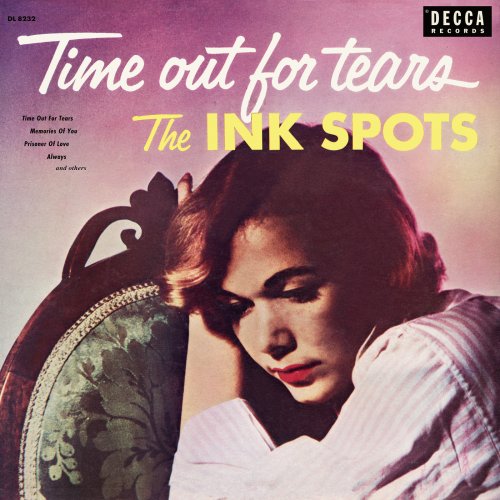
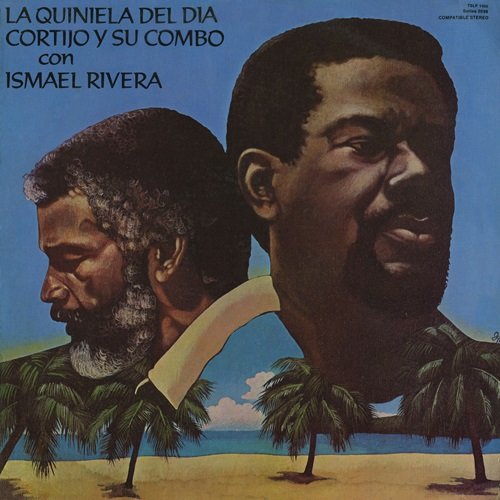
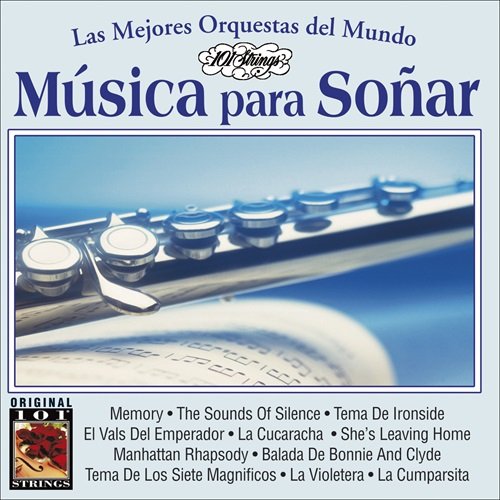
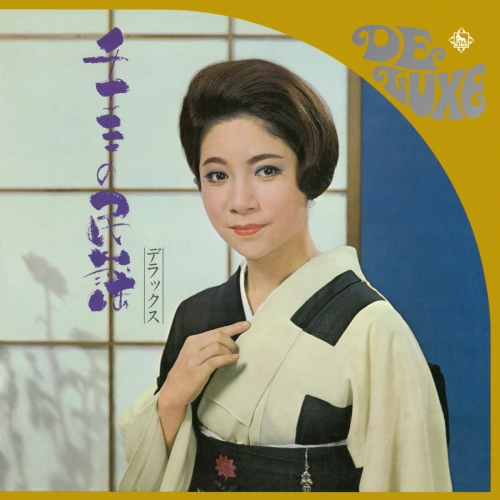
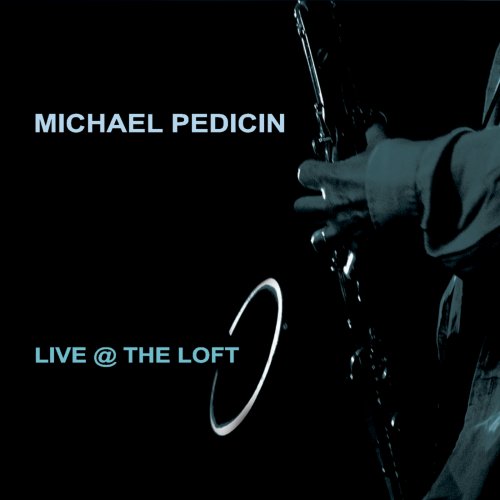
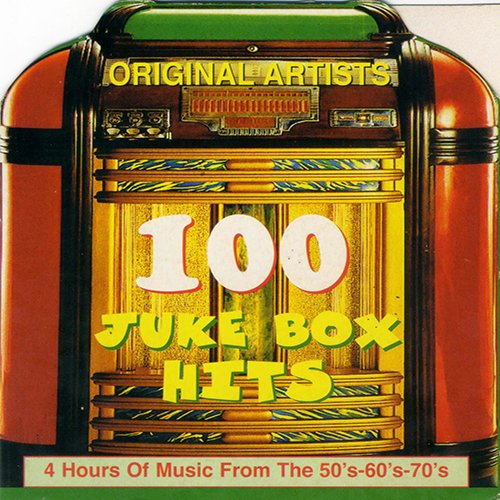
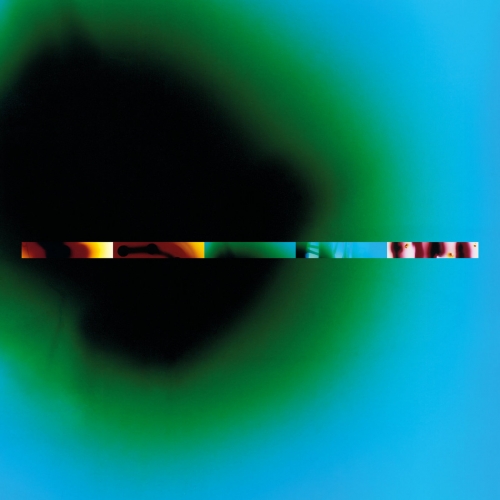
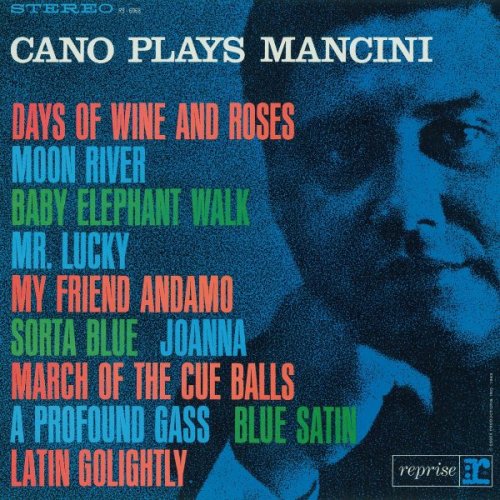
![Marius Neset - Time to Live (2026) [Hi-Res] Marius Neset - Time to Live (2026) [Hi-Res]](https://www.dibpic.com/uploads/posts/2026-02/1771945711_folder.jpg)